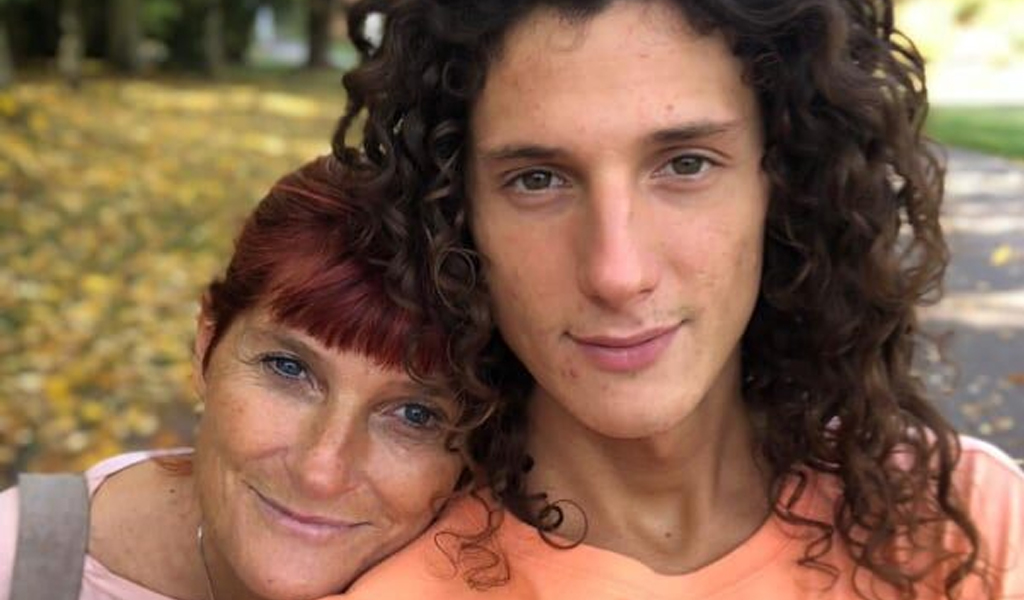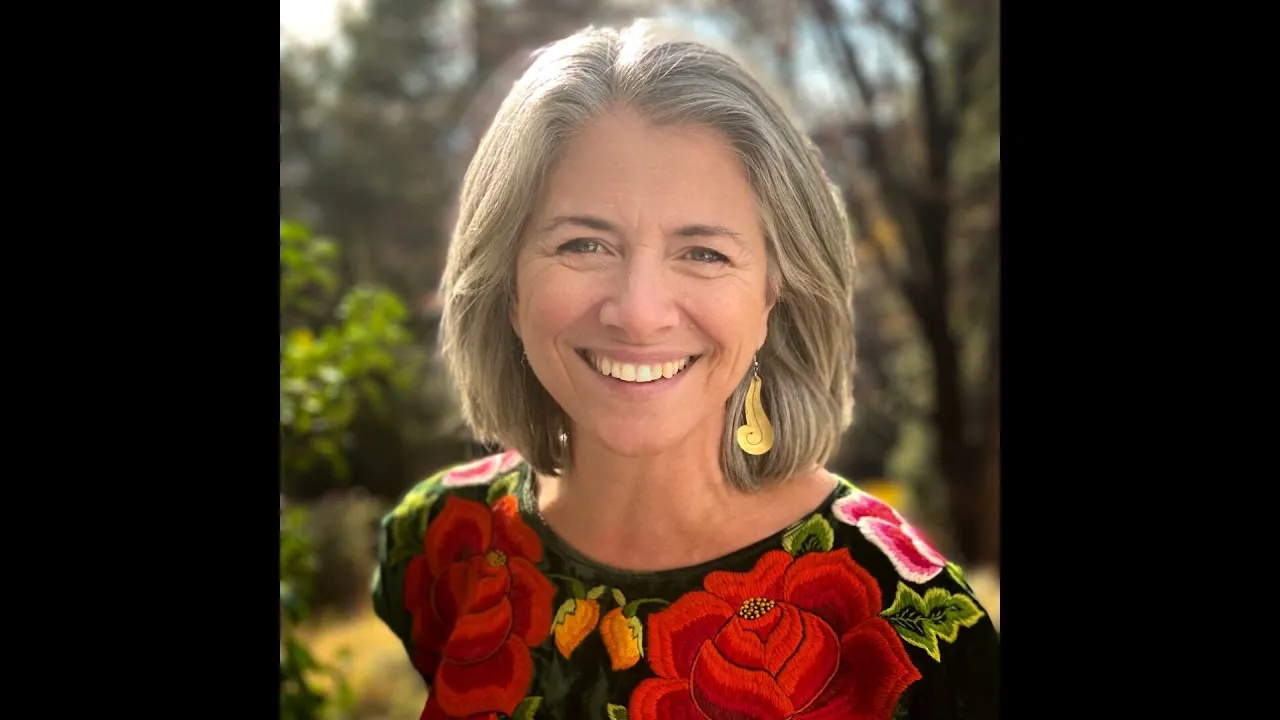Separation and Divorce Ambivalence in Family Mediation
Attachment in adult relationships Couples facing separation must cut their legal and financial ties and grow out of their emotional […]
Read complete blog >>
Telling your child that someone they cared for has died may be one of the most challenging things that you have to do as a parent.
In 2020, I had to tell my children that a friend had died. The children knew that Joyce had been missing for several months and his family and friends were desperately looking for him.
The children had responded to the initial news about Joyce going missing in different ways. One child firmly believed that Joyce was travelling and had just simply forgotten to call his mother. Another child sought reassurance that Joyce was fine and was trying to find explanations for his disappearance. The third child was hopeful that we would receive good news, but feared that harm would have come his way.
Joyce’s remains were found nine long months after his sudden and uncharacteristic disappearance.
While investigations into Joyce’s death are ongoing, we know that someone killed him. Joyce’s death was not an accident but a deliberate act of harm.
Men are far more likely than women to die from homicide and injury. In some cases men’s higher death rate is associated with differences in lifestyle and attitude to risk. Joyce was your unlikeliest victim, though. He was the most gentle peace-loving person I have ever met. Joyce’s guiding principles in life were to nurture a healthy mind and body. He disappeared in the middle of the day on his way to meditate, not in a shady part of town in the middle of the night.
I processed the tragic news for a day, but knew that children should be told. With a heavy heart, I sat them down and told them that Joyce was dead.
Just as the children had responded to Joyce’s disappearance differently, they responded to the news about his death in different ways. Their hearts broke but their responses varied. While one went very quiet and retreated to their room, another was inconsolable for hours. The third child was angry and didn’t want to accept the news.
There is no right or wrong way to respond to loss.
It was crucial that I was able to be there for them and support them in the ways that each of them needed support. While someone needs time to sit still, the other may have endless questions.
If you have to break sad news to your child, keep this in mind:
Take a moment to process the news yourself and when you are ready, tell your child. Don’t wait too long in the hope of sparing your child’s feelings. They cannot be spared. Your child loved the person who has died. There is no love without the pain of goodbyes. Also, remember that even if you think that you are hiding your own grief, your child will sense that something that cannot be discussed is happening. This is scary and confusing. Even worse, your child may hear the news from someone else. You don’t want them to hear accidentally from the neighbors or listen in on a telephone call.
Don’t blurt out the news when you are in a rush or in a public place. Grief needs space.
A young child will not understand what ‘passed away’ means. You want them to understand what has happened rather than feel confused or misunderstand it. Use words and phrases your child will understand.
Your child may need you for ten minutes or two hours. They may dip in and out of grief and pain. Let them take in the news at their own pace and in their own way.
It’s ok not to have all the answers. I couldn’t answer most of my children’s questions. I don’t know who is responsible for Joyce’s death. Neither can I explain why bad things happen to good people. I also couldn’t promise that nothing will happen to me. What I could do was be honest while being as comforting and supportive as possible.
Even if you are stuck in your grief, your child will benefit if they keep their normal daily routines. It’s ok to play, see friends, go to school even when they are grieving.
When you show your sadness and longing, it creates space for your child to show theirs. Share your happy, sad and funny memories about your loved one. Let your loved one continue living in your hearts.
You need to be strong to deliver bad news. However difficult it is, remind yourself that your child is supported by you as you’re their safe person and the best to console them.
If you are grieving and wonder if you or your child needs additional support, this article by Milla Begum can he helpful.
This blog was originally published by Aurelia Psychology. Some minor edits have been made. The children mentioned in the post all read it and gave their permission to describe their responses to loss. Joyce’s mother, Vera, has graciously given me her permission to use his name, and she also shared her favorite image of Joyce —a picture of her and her son together. Sadly, to this day, the perpetrators have not been found and brought to justice.
Articles on www.hoopfull.com may feature advice and are for informational purposes only. It is not intended to be a substitute for medical advice, diagnosis or treatment from a trained professional. In an emergency, please seek help from your local medical or law enforcement services.
Keep up to date with the Hoopfull community.

Attachment in adult relationships Couples facing separation must cut their legal and financial ties and grow out of their emotional […]
Read complete blog >>
We spend years in school learning math, biology, and history, but very few of us are ever taught the actual […]
Read complete blog >>
Our standard of living has improved physically and materially. Life expectancy has increased. Healthcare, housing, education, infrastructure, and human rights […]
Read complete blog >>